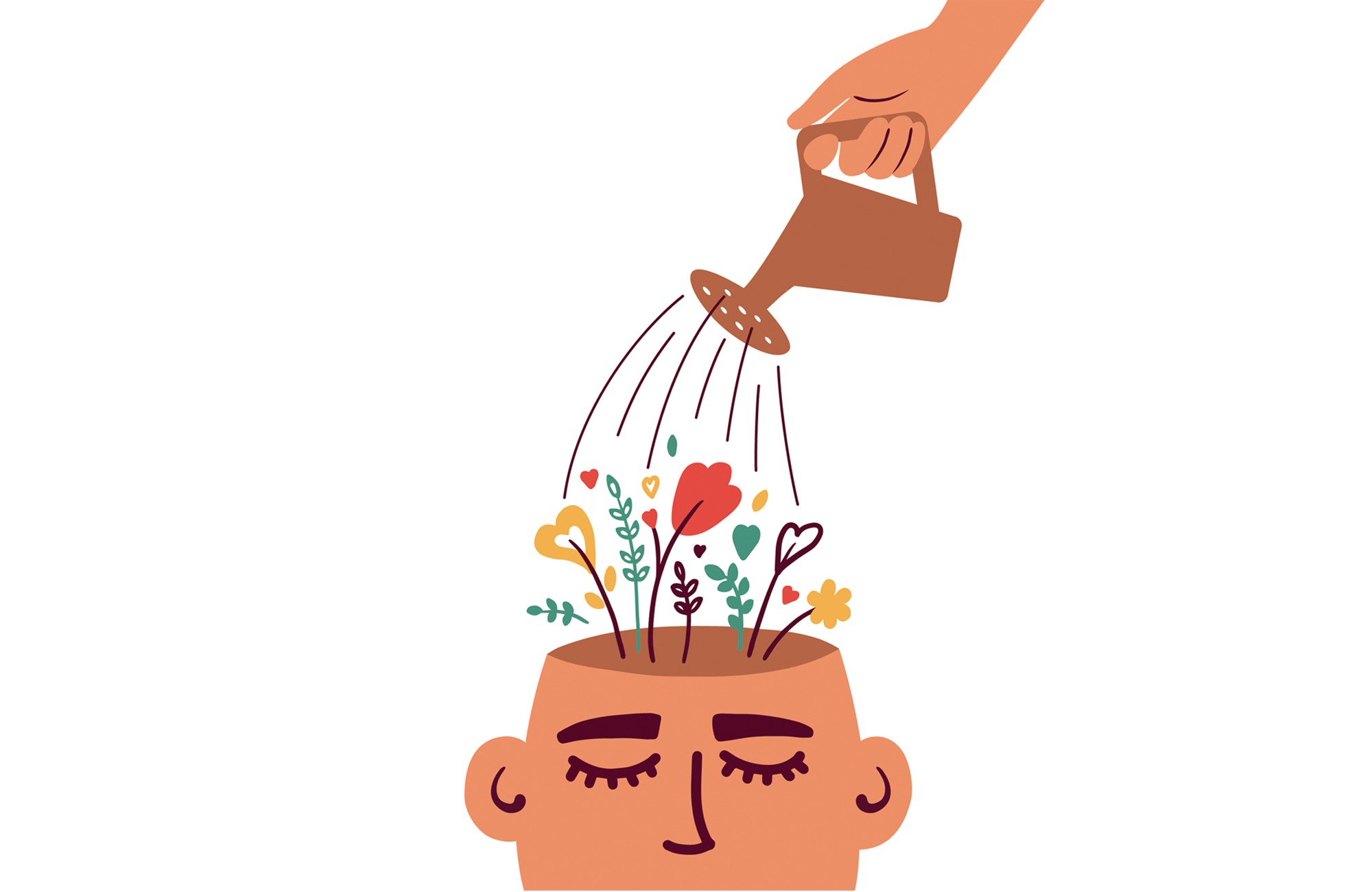What starts with a ‘W’ and ends with a ‘G’? That’s right, it’s Wellbeing.
You may have heard the saying, “Health is wealth,” and it is true! Health comes before wealth.
Your wellbeing is more than just a ‘state of mind.’ It is the experience of good health and happiness. If you are a workaholic and pay no attention to your health and wellbeing, then consider this article a reminder to take breaks from your routine and pick healthy habits. Devoting your time, energy and efforts towards your routine life activities should not come at the cost of sacrificing your wellbeing. Feeling healthy in every sphere of life (physically, emotionally, mentally) results in better individual performance. It is perfectly normal to not feel your best at times; after all, there are ups and downs in life. But giving enough attention to your well-being is vital in personal and professional/student life.
Do you at times lack motivation, lack concentration and focus, are overthinking or have overwhelming thoughts? Do you feel disinterested in daily activities, are often in a low mood, feel exhausted or tired despite having done little through the day? And on occasion you lose control over emotions like anger, irritability? If so, you definitely should dedicate some time to yourself and work towards boosting your wellbeing.
Now, you must be wondering, “what can I do to pursue good wellbeing?” Fear not! I will guide you through some of these potent methods which you can use to your advantage.
- A proper sleep schedule
To many, this may sound absurd and irrelevant at first. On the contrary, this is the most basic yet important factor affecting our wellbeing. Like our bodies, our minds also seek rest, which is obtained in the form of sleep. The rest and recuperation that our minds receive when we are asleep is essential to help us perform physical and mental activities the next day. To put it simply, without a proper functional mind, we are unable to reach our full potential. The American Academy of Sleep Medicine has recommended that teenagers of ages thirteen to eighteen should have eight to ten hours of sleep per twenty-four hours. So, make sure you get enough sleep every night.
- A balanced diet
Sleep alone cannot give you the required benefits. You need to eat a healthy and balanced diet to ensure your body receives enough nutrition. Your diet determines how healthy your inner systems are. If our bodies lack essential vitamins and minerals, we may face health issues and at times, emotional distress. A healthy and balanced diet consists of carbohydrates, fats, proteins, vitamins, and enough water to stay hydrated. These contents are found in fruits, vegetables, healthy proteins and whole grains mainly. Try to limit your consumption of processed foods, fatty foods, caffeine and sugars. Although the amount of water required varies from person to person, on average, drink a minimum of six to seven glasses of water a day.
- Physical exercise
Daily exercise helps in proper blood circulation and helps you feel energized, fresh and mentally active. It also helps in strengthening your muscles and bones. Physical activities have proven to improve cognitive abilities, mental presence, school attendance and academic grades among students. Even a simple walk in the evenings or mornings is more than sufficient, provided you make this a daily practice.
- Find and practice new hobbies
Engaging in our hobbies keeps our minds busy and engaged. When a particular activity interests you and you enjoy doing it, you automatically take healthy steps to improve your emotional wellbeing. It also keeps the work and daily life’s pressure off your mind. Finding new hobbies is great for strengthening your brain and boosting your mood. I personally enjoy taking time off for my music or spend time baking with my family. You may also find pursuing hobbies in a group like team sports enjoyable.
Last but not least, is simply,
- Laugh and Enjoy!
Taking inspiration from The Merchant of Venice, a play written by William Shakespeare, Gratiano conveys an important message, ‘those who take life seriously will always be worried and will never really be happy.’
It is the same message I intend to plant in your mind. Don’t take life too seriously! Those who stay happy, smile more, and attempt to keep themselves happy, experience a better quality of life than those who are in a concerned frame of mind all the time. Staying happy and laughing more often is essential for a good quality life.
So, follow these methods and you will start to notice small, positive changes in your well-being. Remember, if you fear your mental health is being compromised, feel free to approach our school counsellors, teachers or any adult or friend you trust. Until next time…take care!
-Dipashri Tiwari (10H)

